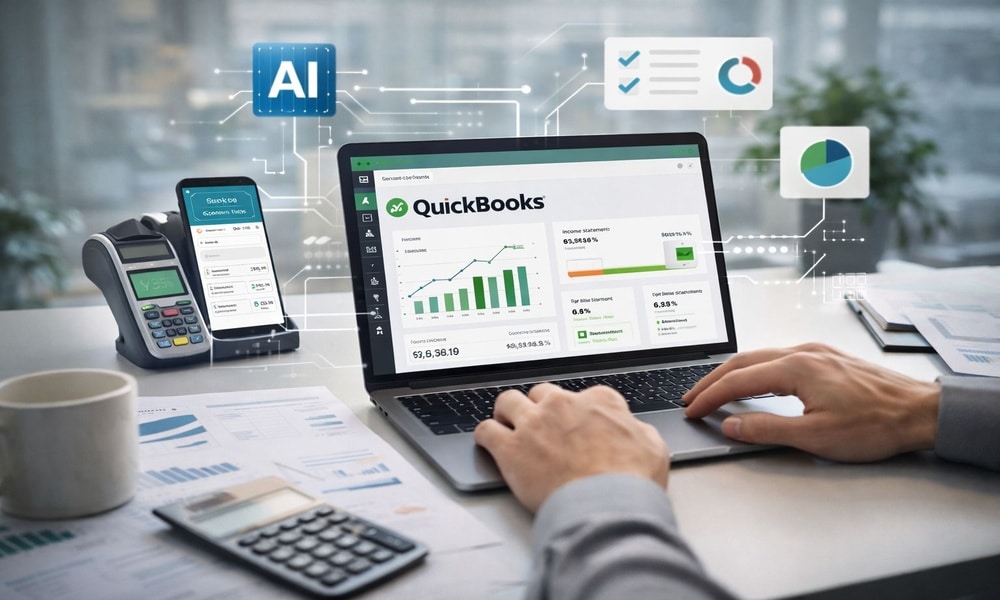Success in accounting depends on more than just mastering numbers. To thrive in this competitive field, you need to constantly sharpen your skills and expand your knowledge base. Advancing your career isn’t just about moving up the corporate ladder; it’s about becoming an indispensable asset to any organization. Here’s how you can elevate your competency and achieve new milestones in your profession.
Continuous Learning: Degrees, Courses, and Certifications
Education is one of the most effective ways to upgrade your skills. Advanced degrees and certifications can deepen your expertise while increasing your marketability.
For accountants, earning an advanced degree like an MBA with a focus on accounting can open doors to leadership roles. Online MBA accounting programs are especially convenient for working professionals, offering flexibility without compromising on quality. These programs are designed to fit into your schedule, allowing you to balance work, family, and education. Many institutions provide interactive coursework, access to experienced faculty, and opportunities to network with peers worldwide.
Certifications such as Certified Public Accountant (CPA) or Certified Management Accountant (CMA) can also enhance your credibility. These credentials validate your knowledge in specialized areas like financial analysis, auditing, or managerial accounting. Whether you pursue a degree or a certification, each step brings you closer to being a well-rounded professional equipped to tackle complex financial challenges.
Adopting New Technology
Modern accounting relies heavily on technology. From cloud-based software to data analytics tools, staying up-to-date with advancements in this field is crucial. Investing time in learning software like QuickBooks desktop, SAP, or Tableau can improve efficiency and help you provide more insightful financial guidance.
Many employers value professionals who are proficient with automation tools and can streamline processes. By understanding how to implement technology effectively, you position yourself as a forward-thinking expert ready to handle evolving business needs.
Developing Leadership and Communication Skills
Accounting isn’t just about calculations; it’s about interpretation and collaboration. Strong leadership and communication skills are essential for presenting data, influencing decisions, and managing teams. If you aspire to move into senior roles, refining these soft skills is vital.
Taking part in workshops or joining professional networks can help build these abilities. Leadership programs or mentorship opportunities also allow you to practice managing people and projects in a supportive environment.
Staying Updated with Industry Trends
Regulations, tax laws, and accounting standards are constantly evolving. Staying informed ensures you remain compliant and proactive in addressing changes that impact your clients or organization. Subscribe to reputable industry publications or join professional associations like the American Institute of CPAs (AICPA) to stay ahead of updates.
Beyond regulatory changes, trends like sustainability reporting and environmental, social, and governance (ESG) metrics are gaining traction. Familiarizing yourself with emerging practices allows you to adapt to client demands and expand your service offerings.
Networking to Build Meaningful Connections
Building relationships within the industry can significantly influence your career growth. Networking opens up opportunities for mentorship, collaborations, and even job advancements. Attend industry conferences, webinars, or local events to connect with peers and experts.
Platforms like LinkedIn can also be instrumental in showcasing your expertise and engaging with thought leaders. Strong connections not only enhance your knowledge but can also provide guidance on navigating challenges and identifying growth opportunities.
Embracing a Lifelong Learning Mindset
Advancing your career means committing to ongoing personal and professional development. Beyond formal education, explore podcasts, webinars, and online resources tailored for accountants. Micro-learning—gaining knowledge in short bursts—can fit into a busy schedule and still deliver valuable insights. By making continuous learning a habit, you’ll stay adaptable and ready for new challenges, keeping your skills sharp and relevant in a rapidly evolving profession.
Conclusion
Advancing your accounting career requires a multi-faceted approach. From pursuing advanced education to mastering technology and honing leadership skills, each step builds your expertise and positions you for success. Stay adaptable, proactive, and connected to ensure you remain a competitive force in the ever-changing financial landscape. The investment you make in your growth today will pave the way for a fulfilling and impactful career.



Leave A Comment
You must be logged in to post a comment.